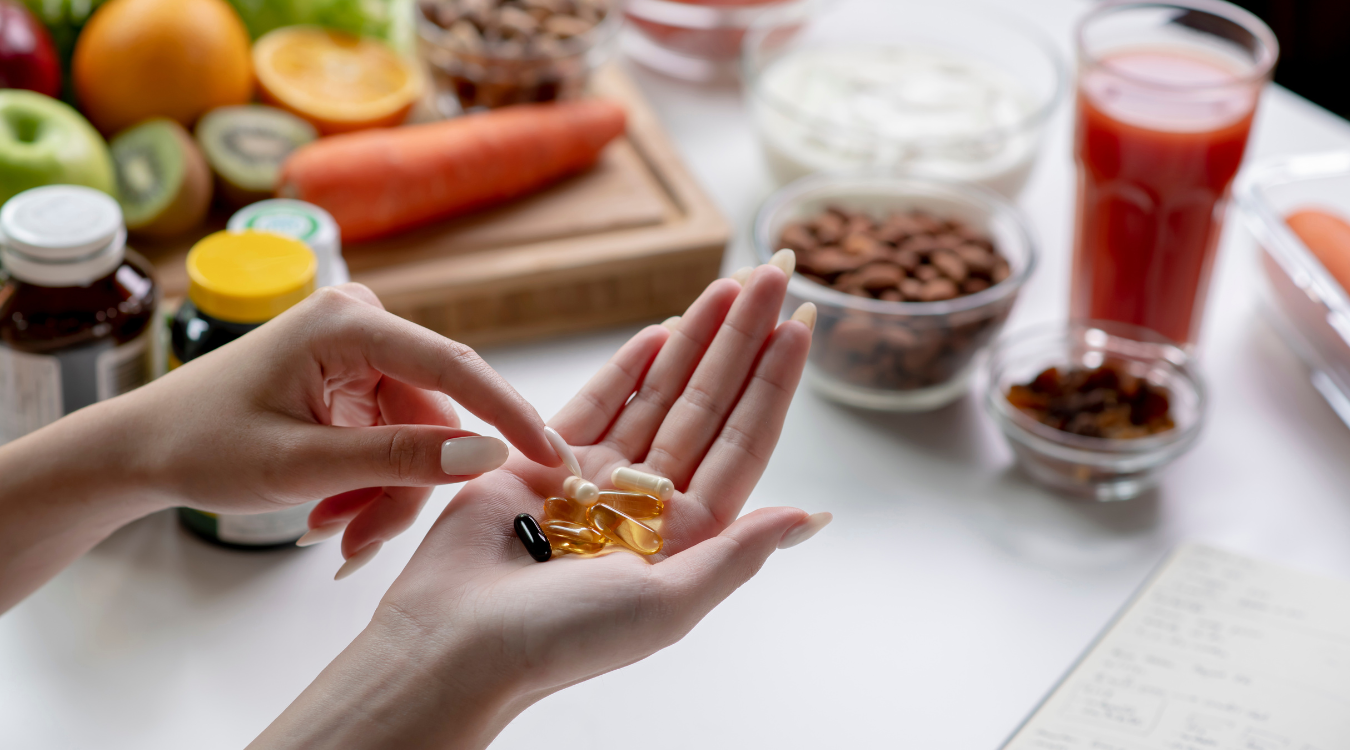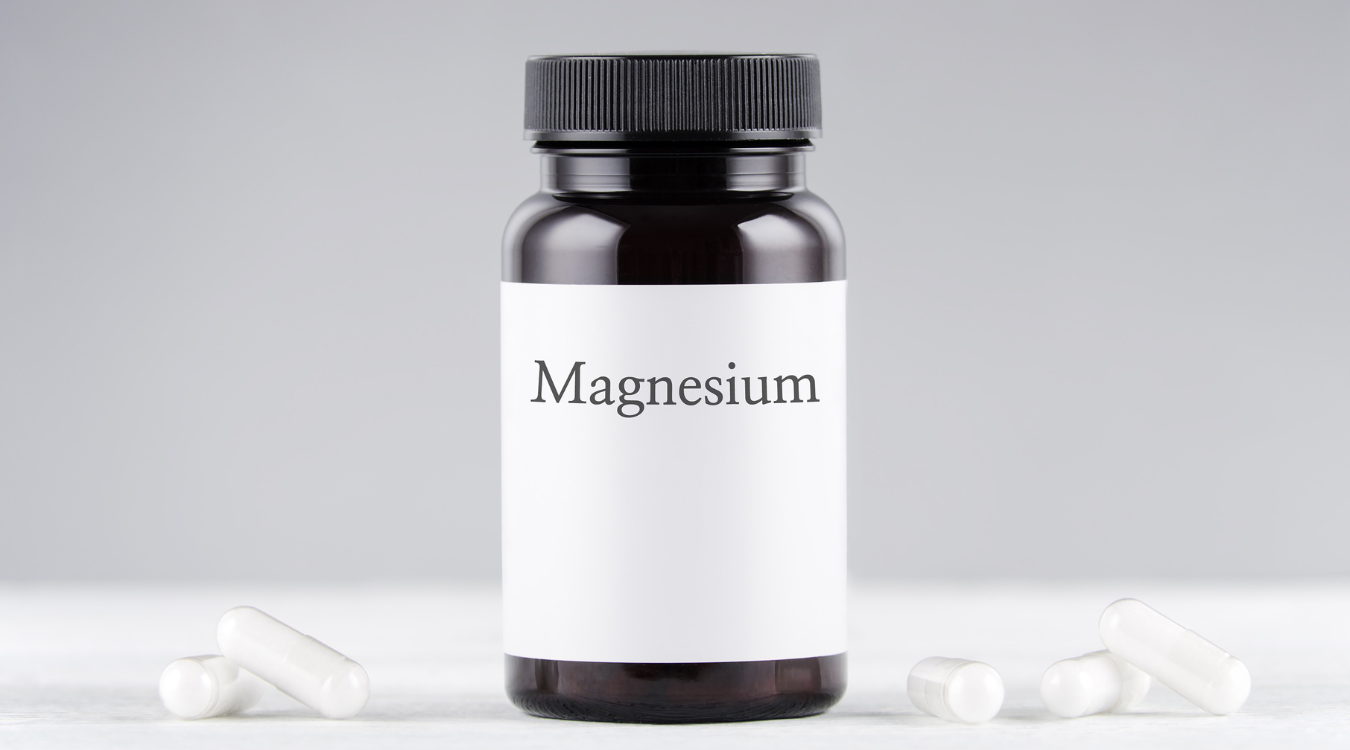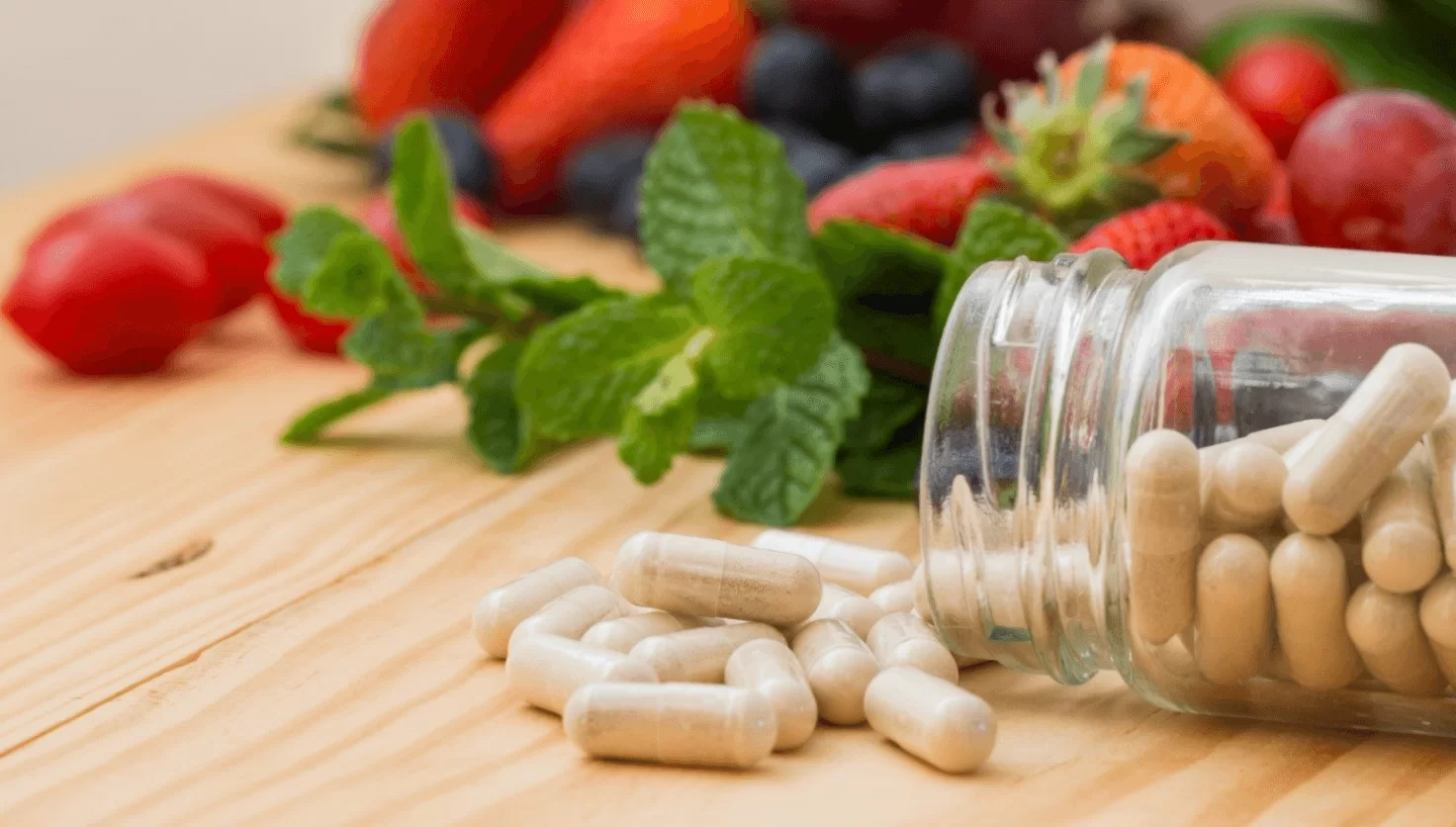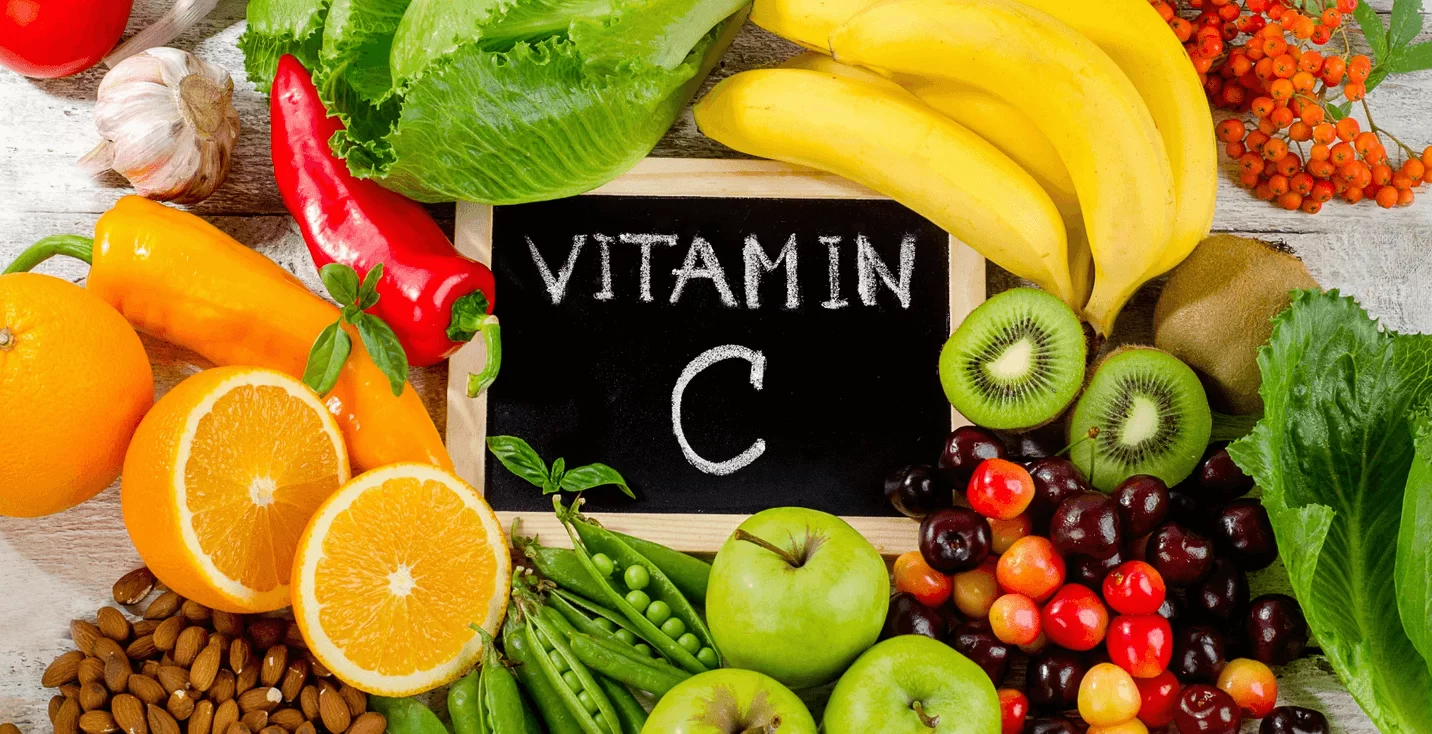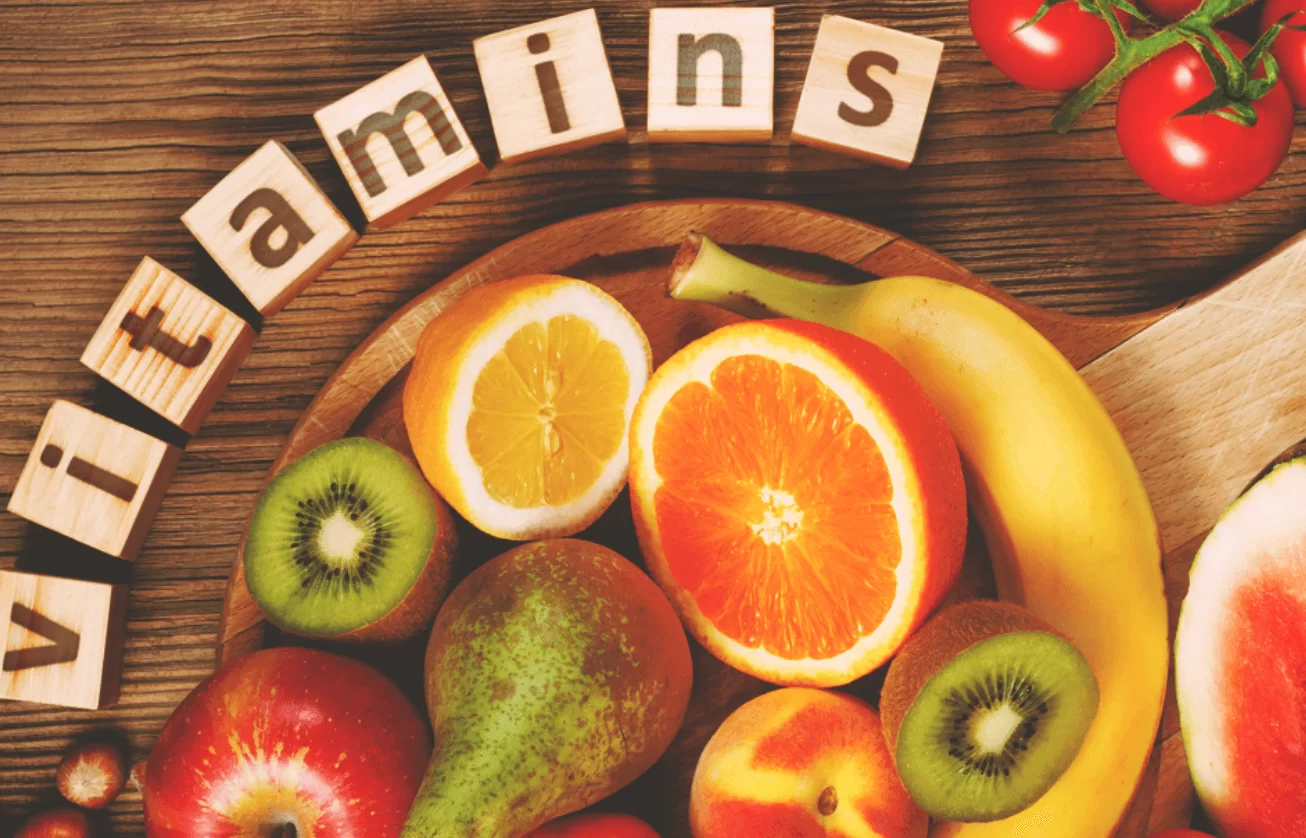
Vitamins are simply the organic molecules required by our bodies.
Our bodies can’t make many of them, so we turn to food as our main source of nutrition.
There is one problem with that, though, these days: food is not as nutritious as it used to be, as modern agricultural practices and toxic pesticides have depleted the minerals in the very soil where the foods are grown.
On top of this, genetically modified foods are unpredictable, and whatever the outcome, they don’t look good in terms of human health and vitality.
Furthermore, in the cooking and refining of the foods we get from this soil, we destroy whatever vital nutrients are left in them, so the nutritional content is minimal. This has never been more evident than it is now, with so many chronic diseases afflicting people around the world.
We are suffering from malnutrition en mass, and many of us don’t even know it. We do know that we need a constant intake of vitamins and minerals to function effectively every day.
At MediMush, we know that what constitutes good nutrition is, of course, open to interpretation and bias, so now it is the case that you can find cheap, poorly made synthetic vitamins that supposedly ‘fortify’ our foods and are sold on high street chemists shelves in the form of mass-produced ‘multivitamins’.
We kid ourselves into thinking that we’re helping our bodies with such substances, but this couldn’t be further from the truth – we are giving them more work to do.
The MediMush team is here to help you choose the right products to achieve optimum health.
You get what you pay for, and sometimes more than you wanted
Cheap, synthetic multivitamins have extremely long shelf lives, so they are very lucrative products for manufacturers and distributors. As always, the pocket is the driving force behind these creations, not the nation's health.
We are fooled into thinking that we are doing ourselves a favour when we believe the labels on these ‘fortified’ foods.
Ultimately, they are processed, and nobody asks questions about the quality of these additions and their effect on the body. Even when we think we are buying healthy foods, we are often being deceived.
One example would be the increasingly popular almond milk found in major supermarkets. The cartons advertise that this has been fortified with vitamin D.
What they don’t mention (unless you scan the back for details and do your research) is that this is Vitamin D2, not D3. D3 has various health benefits, whereas D2 can actually shorten your life expectancy.
Would they really be unaware of such a ‘mistake’? Well, that’s another question entirely.
Scientists say synthetic vitamins are almost the same as those found in foods, but this is untrue. However, science says so… so ‘natural’ goes on the label, and we don’t ask too many questions.
The truth is that these compounds are constructed in a way that doesn’t even remotely resemble a plant’s metabolic process.
Synthetic vitamins are not as bioavailable as natural foods; the body finds it harder to absorb and use them, and they actually challenge some of our vital organs. In reality, they would be better classed as toxins.
A lot of synthetic vitamins are actually crystalline, and crystals in the blood can be detrimental to health, causing damage and accumulation of hard minerals within the joints. When choosing a vitamin supplement, it is important to ensure the ingredients are natural and from whole food sources.
The common differences between natural and synthetic vitamins
Vitamin A in food is beta-carotene, which is converted into Vitamin A in the amounts required by the body – the rest is discarded, preventing the toxicity that large doses of Vitamin A can cause.
The synthetic form of vitamin A is known as retinyl palmitate/retinyl acetate and is made from a combination of palm oil, fish oil, and beta-ionone. Palm oil is not sustainable and damages the environment.
Vitamin B3 is known as Niacin, Niacinamide or nicotinamide. It can cause some side effects, but from natural sources, they are minimal.
The synthetic version of this vitamin, nicotinic acid, is made from coal tar, formaldehyde, ammonia, 3-cyanopyridine and acids. The body finds it harder to absorb this, and there are other side effects not caused by natural sources of the vitamin.
is created by micro-organisms such as bacteria from soil and that which is found in our intestines. Some microalgae and seaweed species also contain it. Synthetic Vitamin B12 is known as cobalt and cyanide; these are fermented and become cyanocobalamin. Most people are aware of the dangers of cyanide.
Vitamin C doesn’t need much introduction. The vitamin is found in citrus fruits, berries, and red peppers, to name a few.
The natural version is combined with phytonutrients and flavonoids, aiding absorption and making it easy for the body to use it. The synthetic version is ascorbic and is an isolated vitamin that is often made from genetically modified corn sugar.
Next, it is hydrogenated and processed with acetone. The synthetic version doesn’t contain the flavonoids and phytonutrients found in the natural version, so it’s ineffective.
Vitamin D – This vitamin is one of the only ones our body can make by itself, but it is also found in lichen (D3) and in mushrooms and yeast (Vitamin D2); these foods produce it when they have been exposed to sunlight, much like the human body does. It only takes around twenty minutes of sunlight to make what the body needs.
Vitamin D3 is the most effective kind, and it comes from our skin and lichen. Vitamin D can also be supplemented via animal fat, which stimulates the production within our bodies. This fat is irradiated, and they also often use lanolin, which is in secretions from sheepskin.
Every vitamin in existence has a synthetic alternative, but ideally, we should rely on food sources and dried superfoods wherever possible. MediMush fully endorses the concept that it is common sense to go with nature. After all, the body is biological, not synthetic, and as such, it responds better to other natural substances.
If you don’t give your body the kind of vitamins and minerals it needs, it keeps on asking, and the more you respond to cravings with the wrong substances and foods, the more work your body has to do, and the cycle continues until sickness prevails. Let’s make this the year we start listening to our bodies to cultivate our best health yet!
While many think vitamins help with skin complexion, collagen is the best solution; we suggest Oligen collagen as it is natural from fish skin.




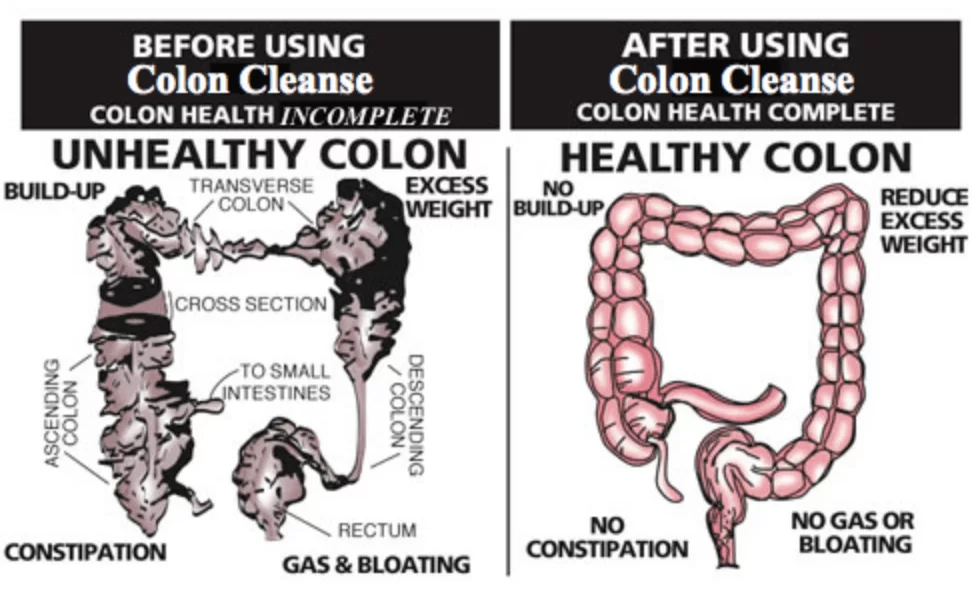 5 Reasons To Think Twice About That Colon Cleanse
5 Reasons To Think Twice About That Colon Cleanse
 Plant Power: Cleansing with Chlorophyll
Plant Power: Cleansing with Chlorophyll




